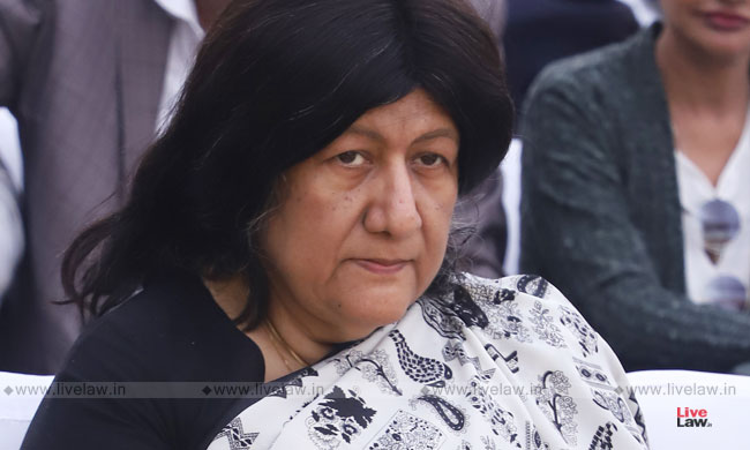Insistence On Bank Guarantee Of Scheduled Indian Private Banks In Preference To Scheduled Foreign Banks In India A Fallacy: Justice Indira Banerjee
LIVELAW NEWS NETWORK
26 Aug 2021 11:06 AM IST

"It is incomprehensible why Scheduled Private Banks in India should be preferred to Scheduled Foreign Banks in India with high global rating, even though, some Scheduled Private Sector Banks have not even been running well".
Next Story


